Recovery Bay Center Alcohol and Drug Rehab Center
Welcome to Recovery Bay Center a luxury addiction rehabilitation center for men.
We are the leaders in treating substance use disorders. Make the rest of your life the best of your life. Contact us today – We Believe in You!
Make the rest of your life the best of your life!
Recovery Bay Center is a specialized treatment facility offering a 45–60 day rehabilitation program for men seeking recovery from drug and alcohol addiction. Located on some of the world’s most beautiful beaches, our center provides high-end amenities and accommodations in a private, comfortable environment. Survivors enjoy private and semi-private rooms, gourmet meals, wellness treatments, and a variety of recreational activities.
In addition to an upscale residential experience, we deliver a full spectrum of evidence-based therapies and personalized treatment plans. Our team of experienced professionals and medical doctors is dedicated to guiding Survivors toward long-lasting recovery. Recovery Bay is the best men’s drug and alcohol rehab center—because living your best life starts here.
Comprehensive Drug and Alcohol Addiction Treatment
Individualized Treatment For Survivors Our exceptional team of clinicians and professional staff partner with each Survivor to create a path to long-term recovery that is specific to their needs.
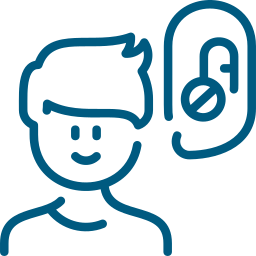
Medical Detox
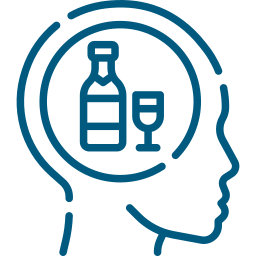
Addiction Treatment
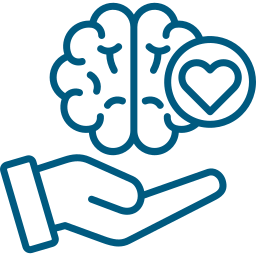
Mental Health Support
Our 45 – 60 day Drug and Alcohol Rehab program specializes in helping individuals overcome depression, anxiety, trauma, and substance use disorder. We recognize that mental and physical health go hand-in-hand, which is why our clinicians and wellness staff collaborate closely to provide you with the best treatment experience possible.
We Accept Insurance

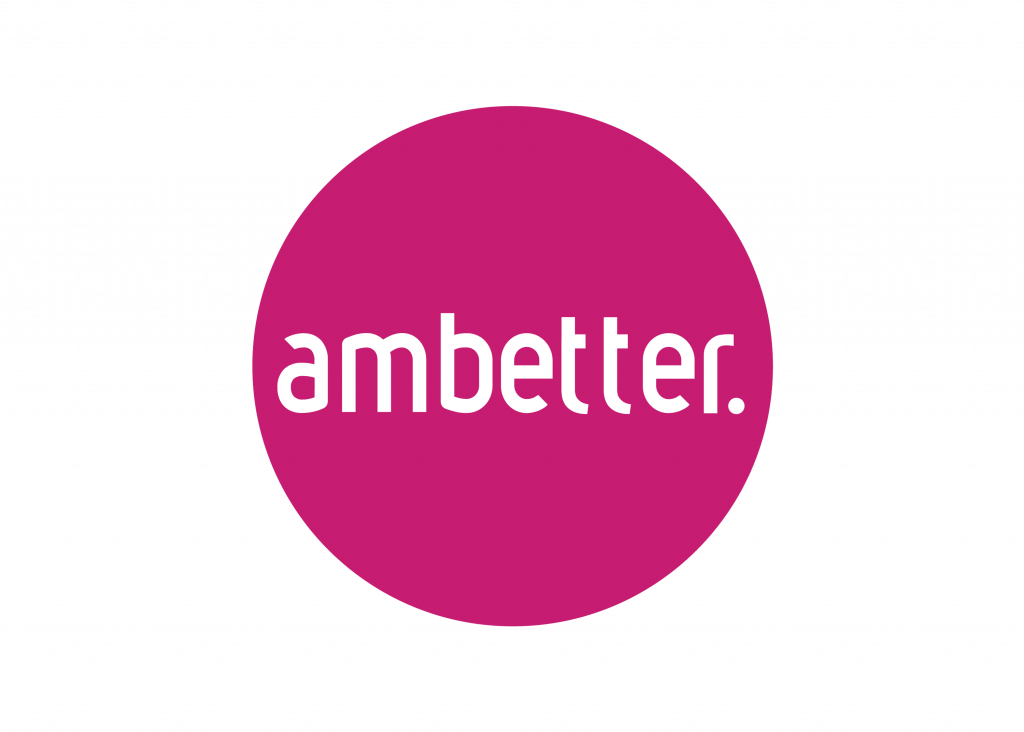

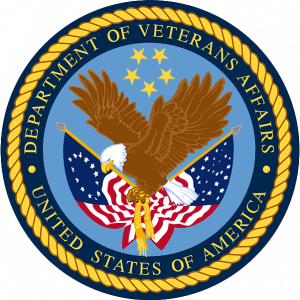

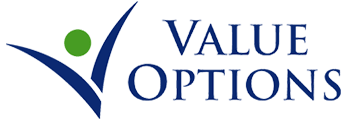

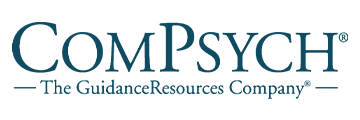












We're Here for You!
Our Admissions Coordinators are available 24/7 to answer questions about treatment, admissions, or any other questions you may have about addiction care.




